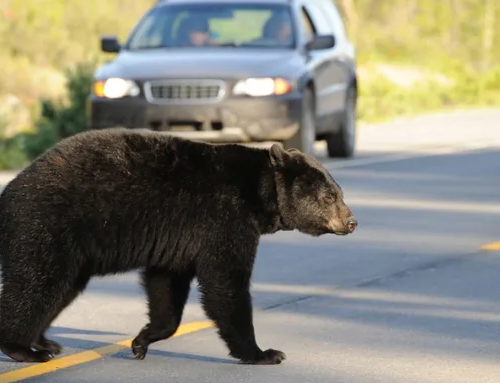Canadian gray wolves, a subspecies that is substantially larger than the wolves that once roamed Colorado, will be released in the state should a ballot initiative calling for their introduction pass this November.
In 1990, California voters passed Proposition 114 which banned mountain lion hunting in that state and set into motion scores of similar ballot measures across the country, usurping the authority of state wildlife agencies that are increasingly being subjected to the whims of public opinion. The ironic result of Prop 114 has been that more mountain lions are now killed each year in California than before the supposed ban was implemented.
The Sacramento Bee reports that an average of 98 mountain lions are killed annually under what are dubbed “depredation permits,” (issued by the state when mountain lions kill livestock and pets), which is nearly four times the number prior to the passage of the ballot initiative. The law of unintended consequences prevailed as it often does when emotionally charged wildlife management issues wind up on the ballot.
What is in question is whether wildlife should be managed by voters or the agencies whose mandate it is to do so. “States have wildlife departments run by professional biologists, researchers and other scientists,” says Jeff Crane of the Washington D.C.-based Congressional Sportsmen’s Foundation. “The US has the most successful wildlife management model in the history of the world, and the core principle is that these professionals are entrusted to make the decisions for the benefit of both people and wildlife.” Read More



